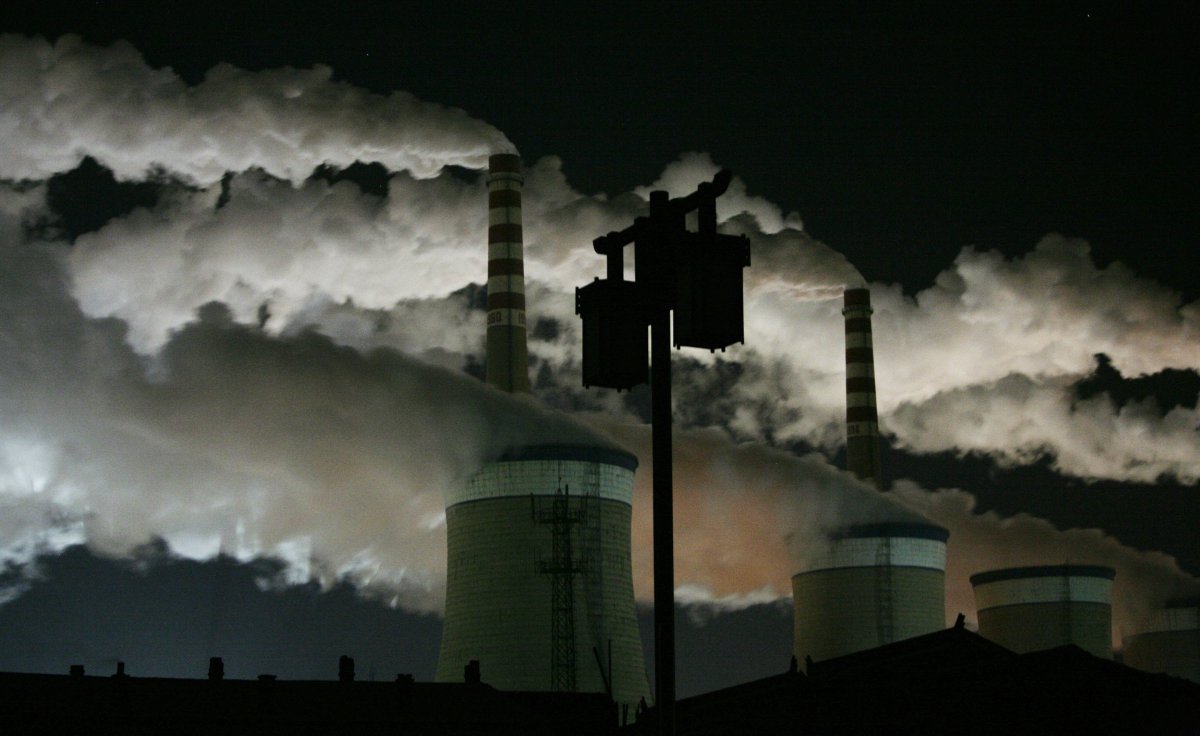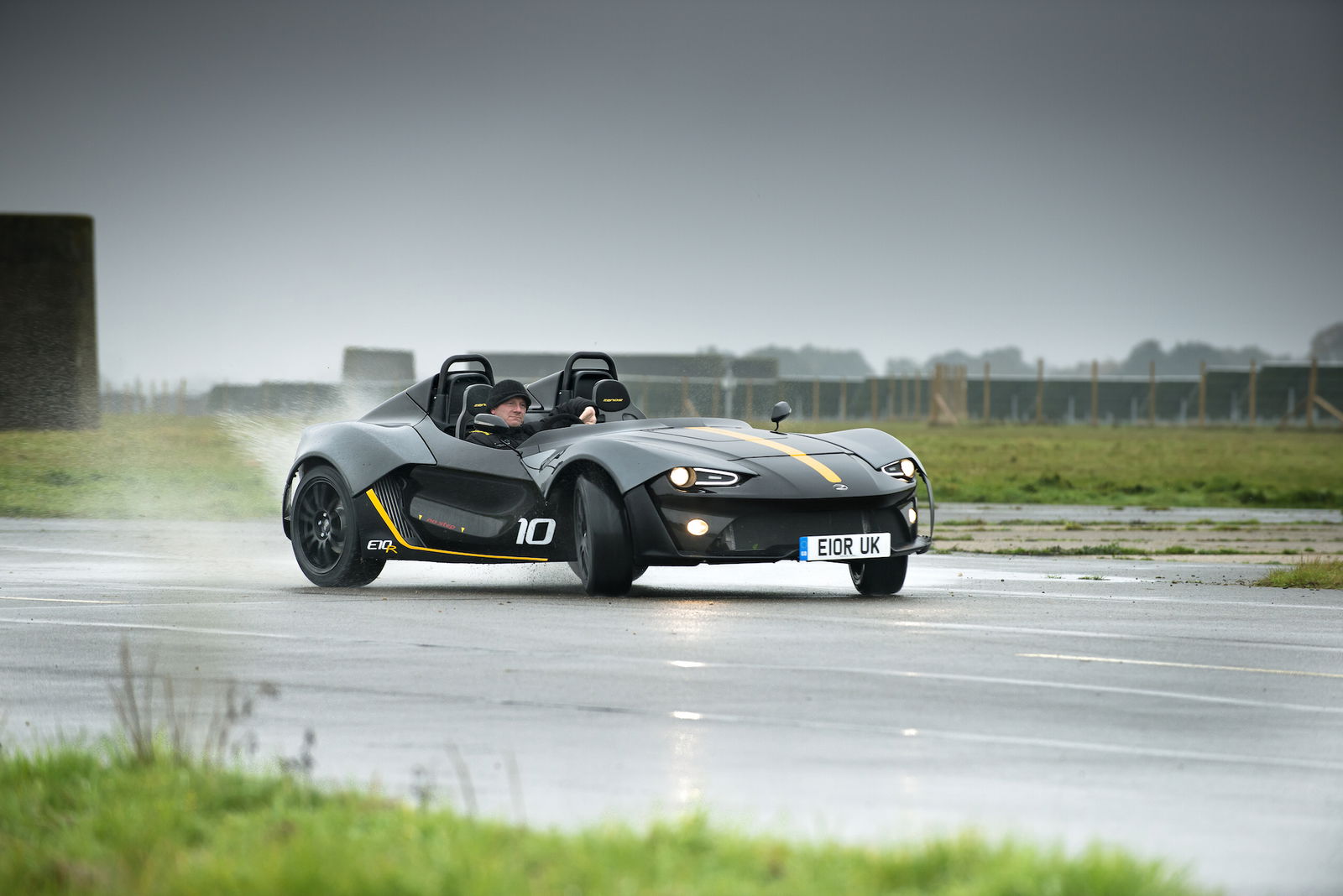Electric Cars In Developing Nations Could Do More Harm Than Good
As Tesla gets set to roll out the remarkably affordable Model 3 for the global market, and self-driving cars have come closer and closer to becoming a reality, the paradigm shift towards electric cars is becoming a global phenomenon. Long-standing automakers, such as Volvo, are beginning to wean their product lines off of fossil fuels in favour of electricity. The environmental benefits of emissions-free electric vehicles have made this transition inevitable. But are they universal?

The most obvious benefit of electric cars is that they don’t burn fossil fuels. This obviously eliminates tailpipe emissions, but it also eliminates the huge amounts of greenhouse gases produced during the extraction, transportation, and refining of crude oil into petrol or diesel. The mining of lithium for EV batteries can also be a dirty process, but the net environmental impact can offset that of petroleum-propelled vehicles over the vehicle’s lifespan.
There is one caveat that must be applied, however. The energy required to charge the batteries has to come from somewhere, too. While wind and solar energy are advancing at a historical pace, they currently account for a fraction of the world’s energy production. What’s more, the power grids of some of the world’s most populated countries depend on some of the dirtiest methods of electricity generation.

The world’s two largest countries, China and India, depend mostly on coal-fired power plants to provide electricity to over two billion people. These plants are very dirty, producing flue gases that are major contributors to anthropogenic climate change. Hydroelectricity is a major source of renewable electricity, but hydro projects can have serious negative effects on their surrounding environment. This ultimately leaves solar energy and wind energy as the two sources of energy that give EVs the best chance of mitigating environmental damage.
In order for wind and solar to satisfy the demand for clean electricity, however, many of the world’s countries will have to make some serious upgrades to their national power grids. This would require monumental investments in infrastructure; especially in countries such as India, where the power grid is barely sufficient as it is.
It would be one issue if all that was needed was to replace the existing electrical system. But that’s just a start. If EVs are truly going to be driven by the population at large, the demand for electricity is going to increase by a massive amount. This could mean that these countries might have to keep the dirty plants running to keep up with the system load. In fact, a reasonable scenario is that these countries would have to increase their reliance on coal and gas-fired power plants just to accommodate the transportation network.

This isn’t to suggest that we shouldn’t be driving electric cars. In Norway, 98% of all electricity is produced by renewable sources (hydro, wind, solar, etc.). This means that replacing the internal combustion engine with electric engines could reduce Norway’s greenhouse gas emissions significantly. To me, that sounds like a good idea.
But if you’re really concerned about saving the planet, you’ve got to consider the logistics of the area’s power system before you can say whether or not EVs will actually provide benefits. Despite the best of intentions, lawmakers and environmentalists must come to terms with the fact that EVs are not going to be the be-all, end-all solution to automotive emissions.

Comments
Kind of a useless statement seeing as developing nations clearly aren’t interested in owning (not talking about making!) EVs
Likewise if we completely change over to EV Vehicles, the U.A.E economy would crash because their main industry is the oil industry. Because they mostly rely on it, taking away the big European markets for Oil would result in an economic collapse for the Country…
(This also applies to other countries that mainly rely on the oil industry)
So happy human society understands my pain: when I get a drivers license, the world will be full of electric cars. (Plus, imagine the chemicals inside the battery!)
It’s a good thing France is going away from coal power. All electric with coal would not improve the situation.
Are we gonna do this again? Yes, to each his own. Electric cars don’t cut back on pollution due to all the manufacturing and energy needed, but it is the future. But the United States had this happen before in the late 90s
What about geothermal energy? Nuclear energy too, but I think we all know Chernobyl, right?
I had a feeling an article like this was going to pop up on this site and I’ve heard about this in college classes (in small bits) and in “Adam Ruins Everything.”
I think you have a point about a country’s electric resources Kyle. If a country like the US were to accelerate electric vehicle production, then if most of the country still uses coal and gas powered plants, that doesn’t bode well for greenhouse gasses and there would be no difference to a worse result expected in the country.
Here in our place which is the Philippines, I think we won’t have Electrical Cars because of deep floods depending on where you live in the Philippines
The author is idiotic. Both overpopulated India and China burns huge huge fossil fuel in the traffic hell every minute. An electric start stop system will just eliminate that. That itself make a huge difference.
Russia and Canada are the two largest countries
Pagination